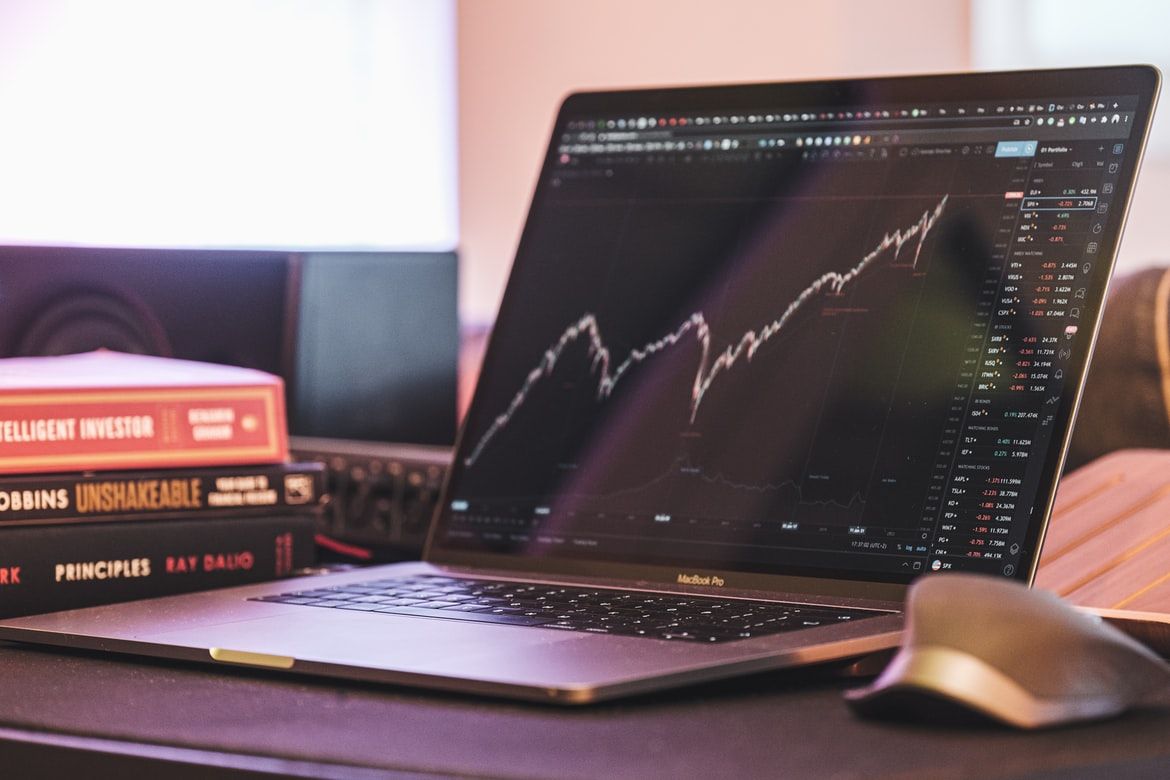Foreign institutional investors (FIIs) sold shares worth a net Rs 1,951.17 crore, while domestic institutional investors (DIIs) bought shares worth a net Rs 1,445.39 crore in the Indian equity market on May 23, as per provisional data available on the NSE.
Also Read| Trade Setup: Top 15 things to know before market opens on May 24, 2022
In the month of April 2022, FIIs sold shares worth a net Rs 40,652.71 crore while DIIs bought shares worth a net Rs 29,869.52 crore.
Also Read| Crypto crash: Vitalik not a billionaire anymore, CZ turns poor again
Sensex fell 37.78 points or 0.05% to 54,288.61 and Nifty was down by 51.45 points or 0.32% to 16,214.70 in the previous session.
Also Read| Explained: How the crypto landscape has changed in India
Sensex touched a high and low of 54,931.30 and 54,191.55, respectively. There were 20 stocks advancing against 10 stocks declining on the index.
Also Read| Explained: Changes in repo rates and their impact on stock market
Nifty traded in a range of 16,414.70 and 16,185.75. There were 27 stocks advancing against 23 stocks declining on the index.
Also Read| Why US inflation is going up and when will it come down
FII stands for ‘foreign institutional investor,’ and refers to an investment fund or an investor who puts their money into a country’s assets while being headquartered outside of it.
Also Read| Explained: Difference between RBI’s accommodative, neutral & hawkish stance
In India, this is a commonly used term to refer to outside entities contributing to the country’s financial markets by investing.
Also Read| China’s banks slash key interest rates to boost ailing economy
On the other hand, ‘DII’ stands for ‘domestic institutional investors.’ Unlike FIIs, DIIs are investors that invest in the financial assets and securities of the country they are currently residing in.
Also Read| India orders all imported coal plants to operate at full capacity
These investment decisions of both FIIs and DIIs are impacted by political and economic trends. Additionally, both types of investors — foreign institutional investors (FIIs) and domestic institutional investors (DIIs) — can impact the economy’s net investment flows.







